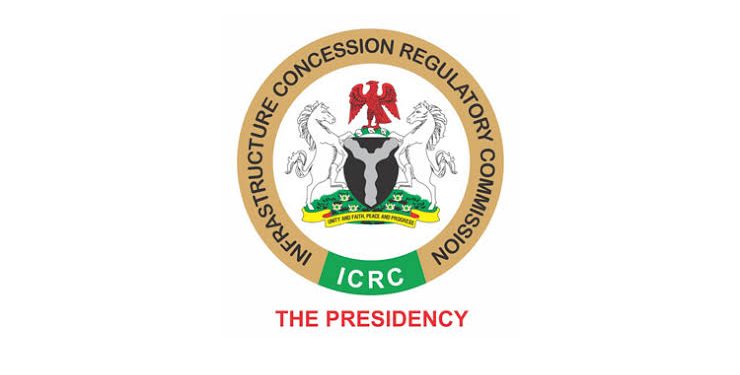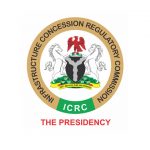President Bola Tinubu has approved a new policy that empowers the Infrastructure Concession Regulatory Commission (ICRC) to independently approve Public-Private Partnership (PPP) projects valued below N20 billion without requiring Federal Executive Council (FEC) approval.
Under this directive, ministries can now approve PPP projects below N20 billion, while agencies and parastatals can approve those under N10 billion. The move aims to eliminate delays and make the project delivery process faster and more attractive to private investors.
ICRC Director-General, Dr Jobson Ewalefoh, made the announcement in a statement released by the commission’s acting media head, Ifeanyi Nwoko. He stated that the policy streamlines PPP project delivery, allows MDAs to approve smaller projects under ICRC guidelines, and encourages broader private sector involvement in Nigeria’s infrastructure development.
According to Ewalefoh, the new structure introduces Project Approval Boards (PABs) within ministries and agencies to evaluate and approve eligible PPP proposals within the set financial thresholds. Projects exceeding the thresholds or involving multiple ministries will still require FEC clearance.
All PPP projects under this policy must be entirely privately funded with no financial commitment or guarantee from the federal treasury. However, regardless of value, each proposal must be reviewed and certified by the ICRC before any final approval by an MDA or PAB.
Ewalefoh described the policy as a major shift for key sectors like health, education, agriculture, and housing, where smaller but high-impact projects such as student hostels, rural clinics, classroom blocks, and housing schemes often face administrative delays. By decentralising the approval process, the government hopes to reduce delivery time, stimulate private sector investment, and create jobs.
The policy is in line with Tinubu’s wider reforms in public procurement that seek to boost efficiency, improve transparency, and open new channels for private infrastructure finance. The ICRC will work in collaboration with the Bureau of Public Procurement (BPP), Ministry of Finance Incorporated (MOFI), and the Bureau of Public Enterprises (BPE) to ensure transparency and coordination.
Dr Ewalefoh encouraged ministries and agencies to make the most of the revised approval thresholds and align their infrastructure planning with the goals of the Renewed Hope Agenda.










